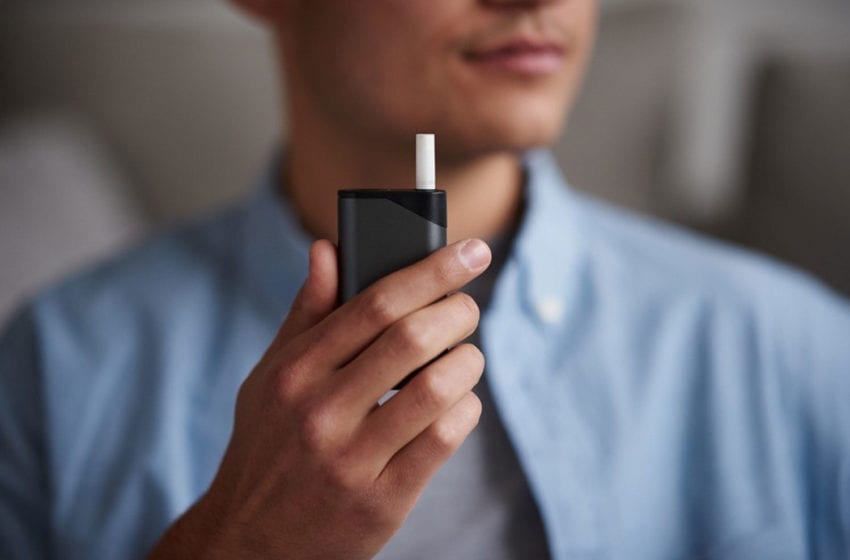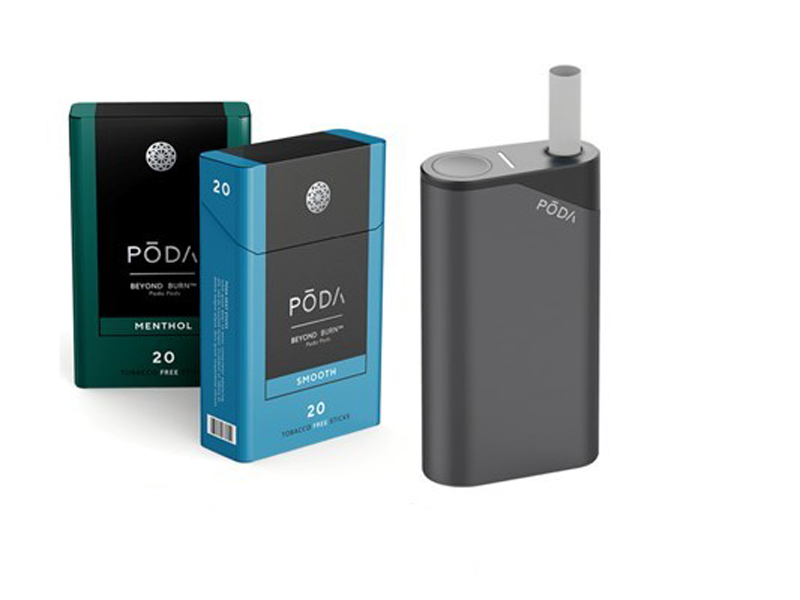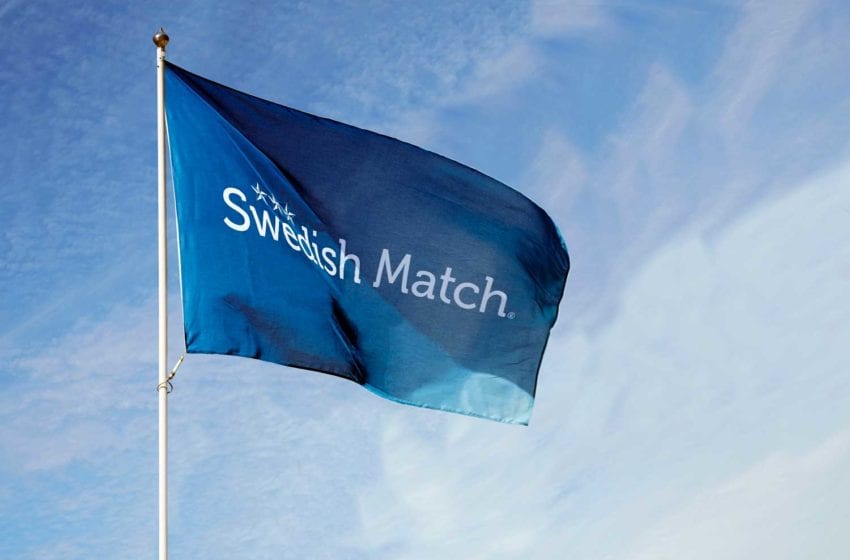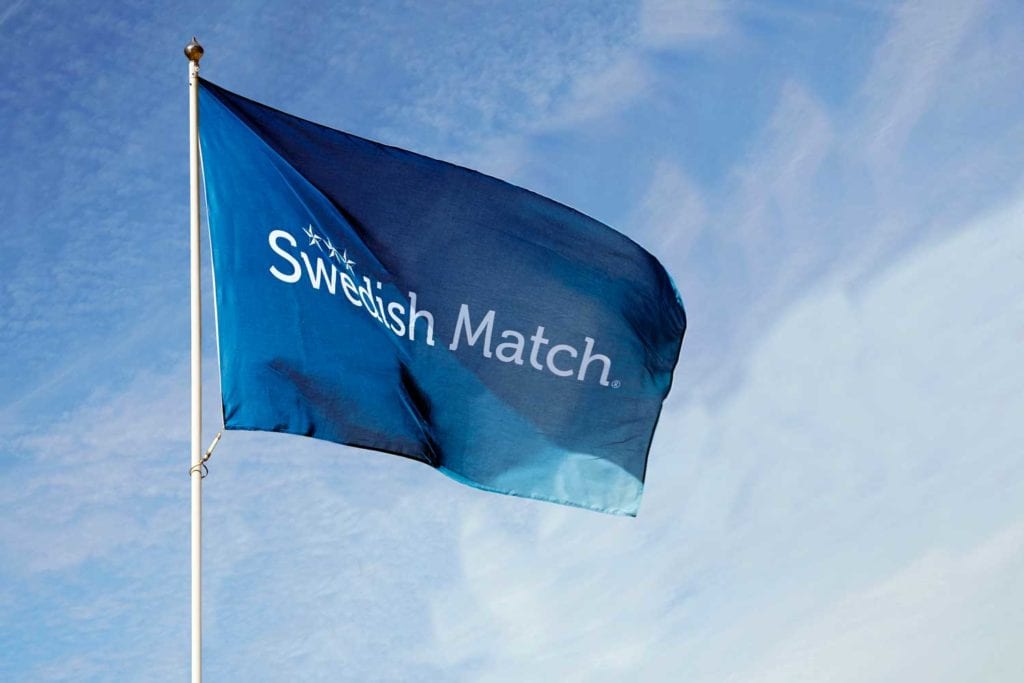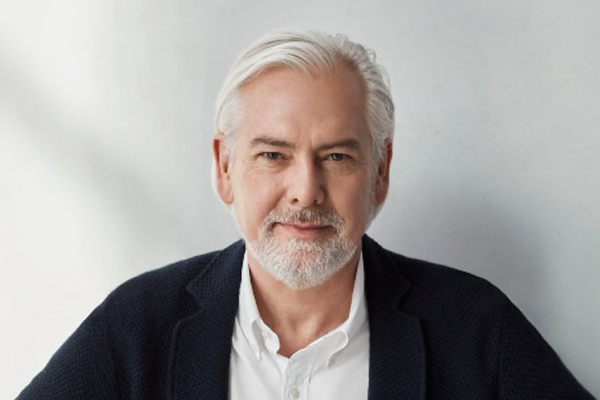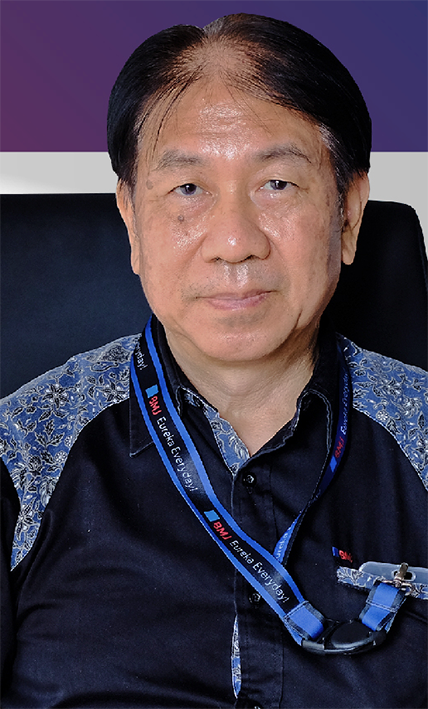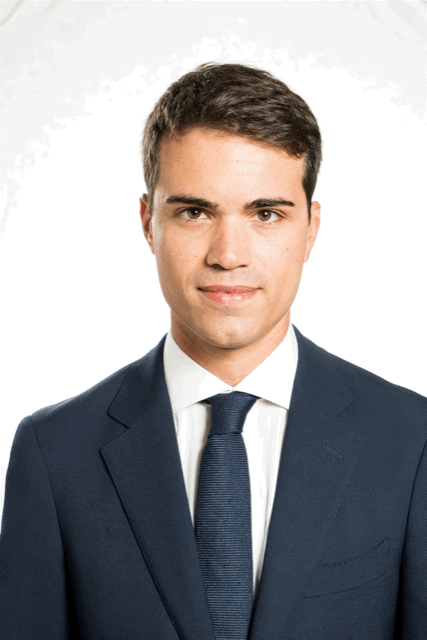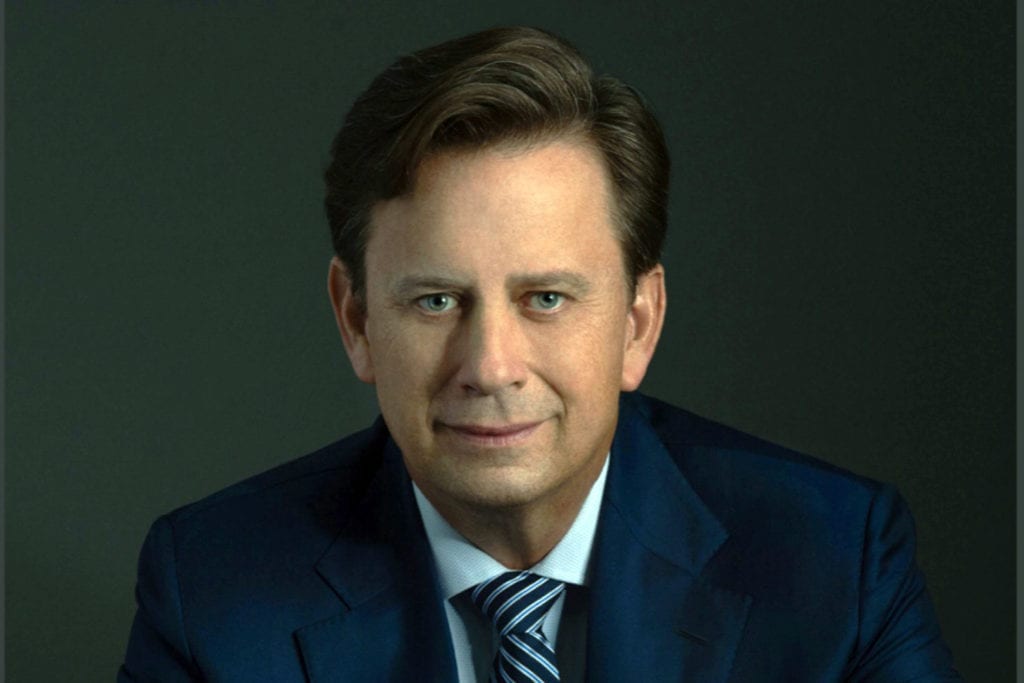
John J. Miller has joined 22nd Century Group to help the company achieve the full potential of its reduced-nicotine business.
Miller has more than 35 years of experience in the tobacco and consumer packaged goods industries. He will work directly with Jim Mish, CEO, and with Michael Zercher, chief operating officer of 22nd Century Group.
“We are absolutely delighted to welcome John Miller to our team,” said Mish. “His significant hands-on expertise and insight in strategic planning, assessing and implementing strategic partnership opportunities, and leading sales and marketing efforts will be instrumental in accelerating revenue, profit and market share growth for the company. We look forward to John’s contributions to the success of the company’s launch of VLN, our reduced nicotine cigarettes with 95 percent less nicotine than conventional cigarettes, which is the first and only modified-risk tobacco product approved by the FDA.”
“I am extremely impressed with the team of outstanding professionals at 22nd Century Group and their commitment to product innovation,” said Miller in a statement. “I am very enthusiastic to be joining the company at this pivotal time in its history and leading the VLN initiative on the heels of the product’s successful pilot launch. VLN is a transformative brand with tremendous market potential. I am incredibly optimistic about the meaningful difference it could make in the lives of people to help them smoke less.”
Most recently, Miller was the president and CEO of Swisher International, a 160-year-old leading lifestyle brands company that is the largest manufacturer and exporter of cigars and smokeless tobacco products in America. Miller joined Swisher in November 2012 as senior vice president of sales and marketing, was promoted to president in 2017 and was named CEO in March 2021.
Miller’s experience also includes more than 20 years in various management positions at U.S. Smokeless Tobacco Co. As regional vice president, he had direct oversight and responsibility for all sales, planning and operations for key brands in the Western United States. U.S. Smokeless Tobacco Co. was acquired by Altria in 2009.
Miller holds a Bachelor of Science degree in finance from the University of Nevada, Las Vegas and a Master of Business Administration degree from the George L. Graziadio School of Business Management at Pepperdine University.

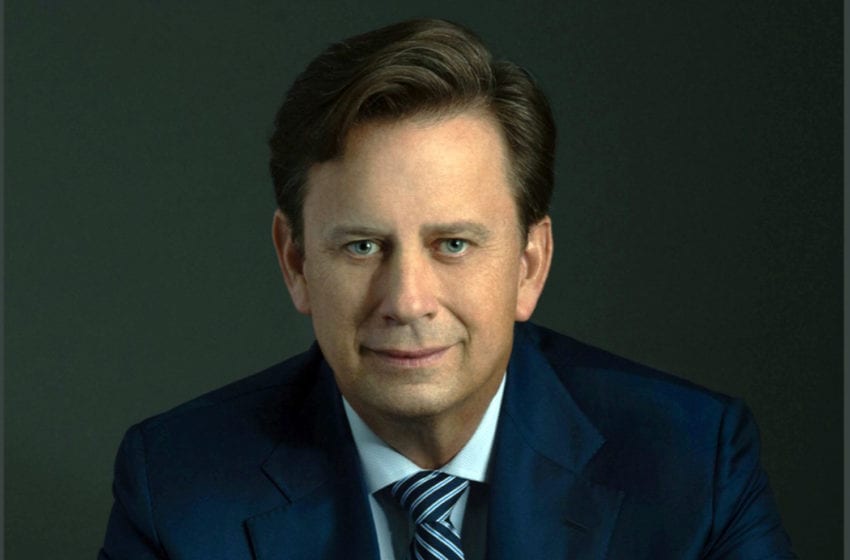
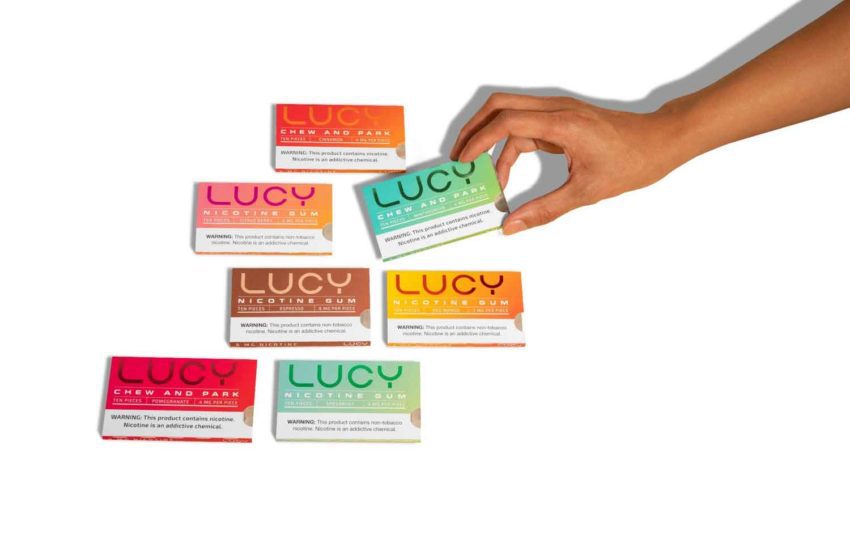
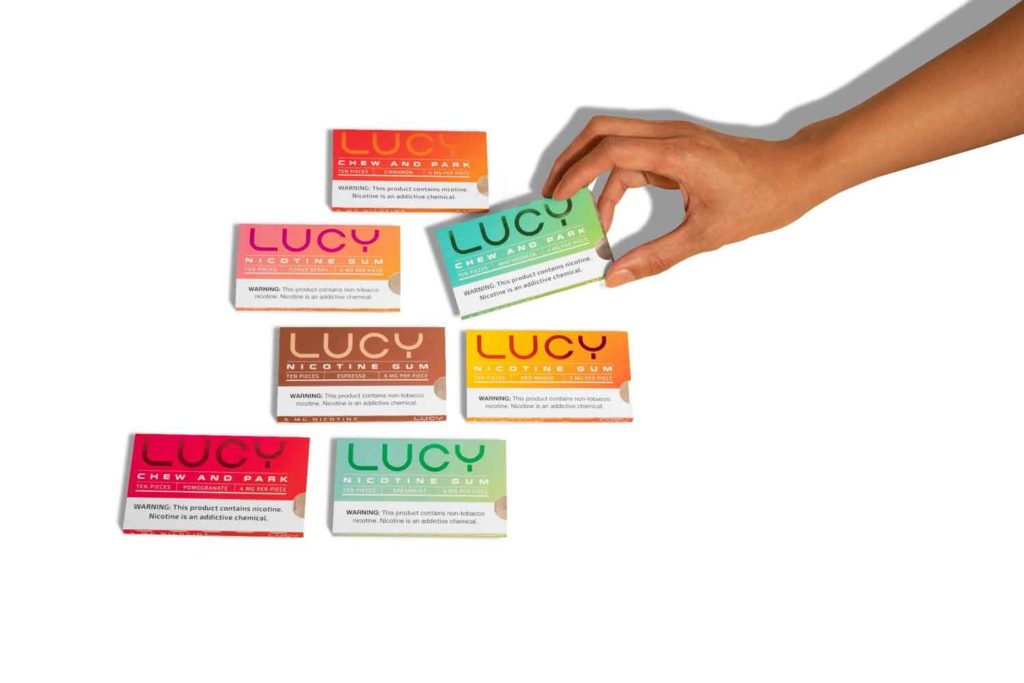

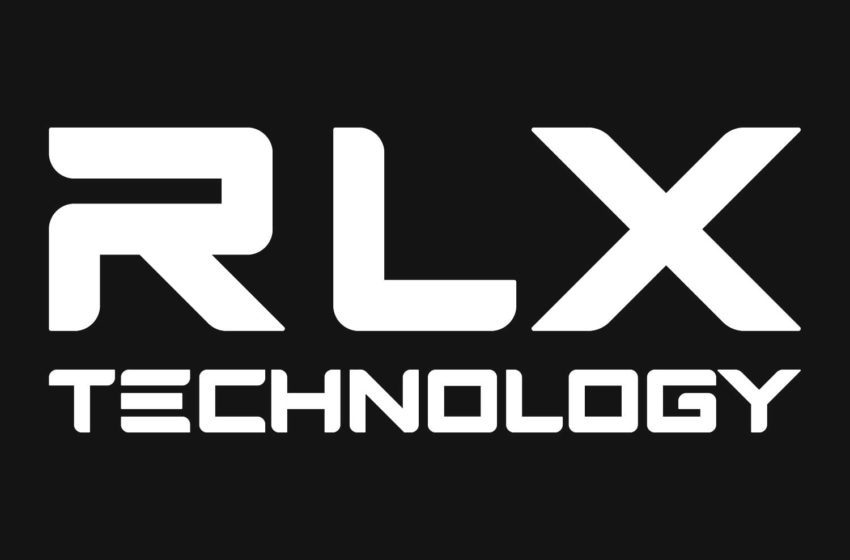
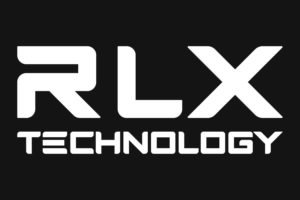 RLX Technology reported net revenues of CNY1,71 billion ($270.4 million) for the first quarter ended March 31, 2022, compared with RMB2.4 billion in the same period of 2021. Gross margin was 38.3 percent, down from 46 percent in the same period of 2021. U.S. GAAP net income was RMB687.1 million, compared with a U.S. GAAP net loss of RMB267 million in the same period of 2021. Non-GAAP net income was RMB361.8 million, compared with RMB610.5 million in the same period of 2021.
RLX Technology reported net revenues of CNY1,71 billion ($270.4 million) for the first quarter ended March 31, 2022, compared with RMB2.4 billion in the same period of 2021. Gross margin was 38.3 percent, down from 46 percent in the same period of 2021. U.S. GAAP net income was RMB687.1 million, compared with a U.S. GAAP net loss of RMB267 million in the same period of 2021. Non-GAAP net income was RMB361.8 million, compared with RMB610.5 million in the same period of 2021.
